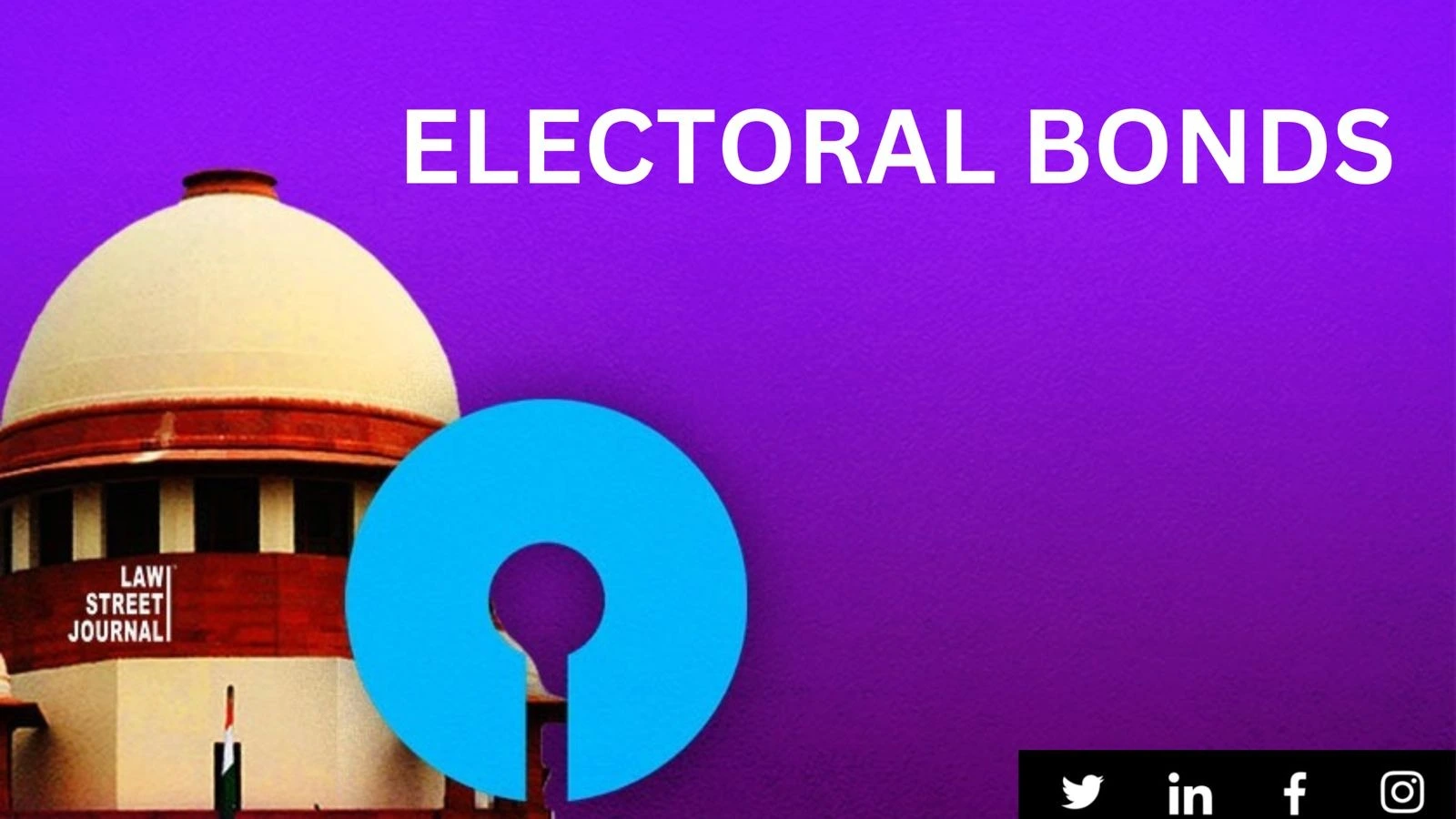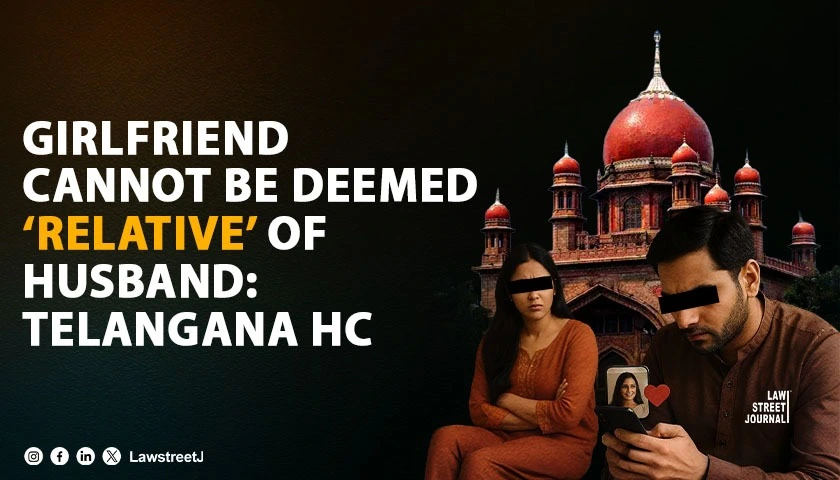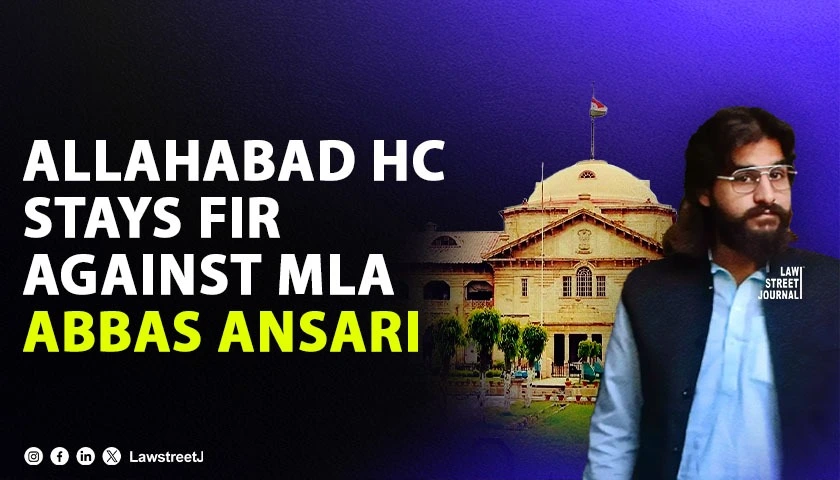NEW DELHI: The Supreme Court on Monday directed the SBI to furnish details of Electoral Bonds by March 12 to the Election Commission, dismissing its plea for extension of time until June 30.
A five-judge bench led by Chief Justice of India D Y Chandrachud said there was no need to do matching exercise which the SBI claimed was a time consuming exercise as information were kept in two silos.
The bench also comprising Justices Sanjiv Khanna, B R Gavai, J B Pardiwala and Manoj Misra, told the SBI represented by senior advocate Harish Salve that it has to comply with the February 15, 2024 judgment, which declared the Electoral Bonds scheme, introduced in 2018 for donation to political parties as unconstitutional.
The SBI, the designated banks which issued the Electoral Bonds, was directed by the top court to furnish the details by March 6.
While dismissing the SBI's miscellaneous application for further time, the top court directed the Election Commission to publish the information provided by the SBI on its website by 5PM on March 13.
During the hearing, the court pulled up the SBI for not disclosing the extent of exercise undertaken by it since the pronouncement of judgment on February 15, as the bank was to provide details by March 6.
Also Read - Electoral bonds case: SC dismisses SBIs appeal for extension of deadline
"SBI should have disclosed the amount of work. There should be a degree of condour from the SBI what extent you have worked," the bench told Salve.
The counsel said it would cause havoc if wrong information on name of purchasers and redemption by the political parties were made available.
The court disposed of contempt applications filed by NGO Association for Democratic Reforms and CPI (M), saying it would initiate such proceedings if directions were not complied with by close of business hours on Tuesday.
It also directed the SBI's chairman and managing director to file an affidavit complying with its directions.
"Electoral bonds scheme stipulated that info furnished by buyer of bond shall b e treated as confidential, and shall be disclosed only by orders of a court, law enforcement agencies," the bench said.
Also Read - Electoral Bonds Case: SBI's non-disclosure of details by March 6 contempt of court?
The bank, which sold the Electoral Bonds, however, cited certain practical difficulties with the decoding exercise and the timeline fixed for it by the top court.
In an application, it said between April 12, 2019, to the date of the judgement i.e. February 15, 2024, 22,217 electoral bonds were used for making donations to various political parties.
Redeemed Bonds were deposited to Mumbai Main Branch by the authorised branches at the end of each phase in sealed envelopes. Coupled with the fact that two different information silos existed, this would mean that a total of 44,434 information sets would have to be decoded, compiled and compared, it said.
"Therefore, the timeline of three weeks fixed by the court in its judgement would not be sufficient for the entire exercise to be completed," it said, seeking extension of time.
The bank also said due to the stringent measures undertaken to ensure that the identity of the donors was kept anonymous, decoding of the Electoral bonds and the matching of the donor to the donations made would be a complex process.
After the scheme was launched on January 2, 2018, the SBI, in order to protect the donors anonymity and to maintain confidentiality/secrecy, it has laid down a detailed Standard Operating Procedure for 29 authorised branches, spread all over India, with regard to sale and redemption of Electoral Bonds, it said.

















